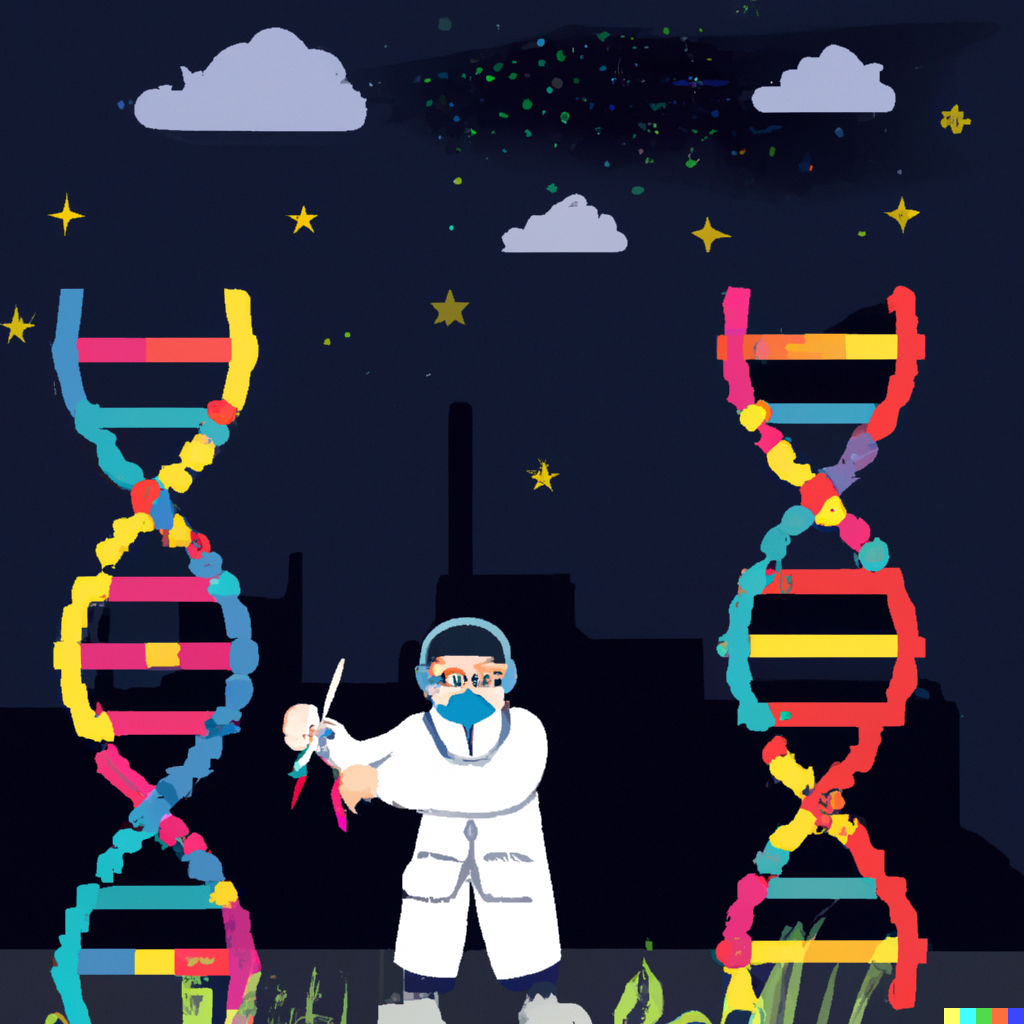Earlier this year, a Jefferies analyst quantified the market downturn in the biotechnology sector and came up with a number: 128 companies were trading at a market cap smaller than the cash they have on hand, representing 25% share. This rivals the severity of 2008-2009 period, where 15-20% of the industry was trading below cash. While this statistic may have improved slightly in recent months, there appears to be no greater contrast to current market conditions for early-stage biotechs than Tome Biosciences, Inc., the newest iteration in the ongoing evolution of CRISPR gene editing technology – and no license from Prime or Broad.
One example of its capacity to attract capital is Sana Biotechnology, Inc. In February 2021, the same month Tome was founded and just prior to the start of the biotechnology downturn, Sana entered into a $500,000 SAFE with Tome. The SAFE was subject to automatic conversion into shares of preferred stock upon the closing of an equity financing by Tome. In October 2021, upon the closing of Tome’s Series A Preferred Stock Financing, pursuant to the terms of the SAFE, Sana received 624,952 shares of Series A Preferred Stock of Tome in exchange for the SAFE.
Another high profile investors include Arch Venture Partners, Andreessen Horowitz, and the Longwood Fund.
Tome founders are two gene editing researchers, Omar Abudayyeh and Jonathan Gootenberg. The specific technology behind the company has not been fully described. However, a recent research paper, “Drag-and-drop genome insertion without DNA cleavage with CRISPR-directed integrases,” published by the founders describes, “A new technology combining CRISPR-mediated genome editing and site-specific integrases enables efficient programmable gene integration at any targeted genomic locus without double-strand DNA breaks, leading to broad applications in basic science research, cell engineering, and gene therapy.” The technology is called PASTE (programmable addition via site-specific targeting elements), which they say can potentially be used to insert long strands of DNA and treat genetic diseases caused by many different mutations, such as cystic fibrosis and Leber congenital amaurosis, a rare eye disorder that causes blindness. The duo have worked together since they were graduate students at CRISPR pioneer Feng Zhang’s lab, where they discovered a new gene editing enzyme called Cas13. They now run their own lab at the MIT, the Abudayyeh-Gootenberg Lab.
The Watertown, MA-based biotech is led by CEO Rahul Kakkar and has more than 80 full-time employees as of the third quarter of this year, according to the pitch deck slides, as reported by Endpoints News. Abudayyeh told Endpoints News that unlike current gene-editing approaches, which can only go after single mutations of a disease at once, PASTE could address many mutations at once by replacing the whole gene. In addition, the technique doesn’t create a double-stranded break in the DNA, reducing the risk of unwanted insertions or deletions, he said.
Many biotechs with promising clinical-stage progress are downsizing due to capital scarcity. Yet Tome is growing. They took 88,000 square feet with Alexandria on the Arsenal on the Charles Campus in Watertown in October. Hopefully the capital drought that started last year in biotech will come to an end soon.
Image by Dall-E.

